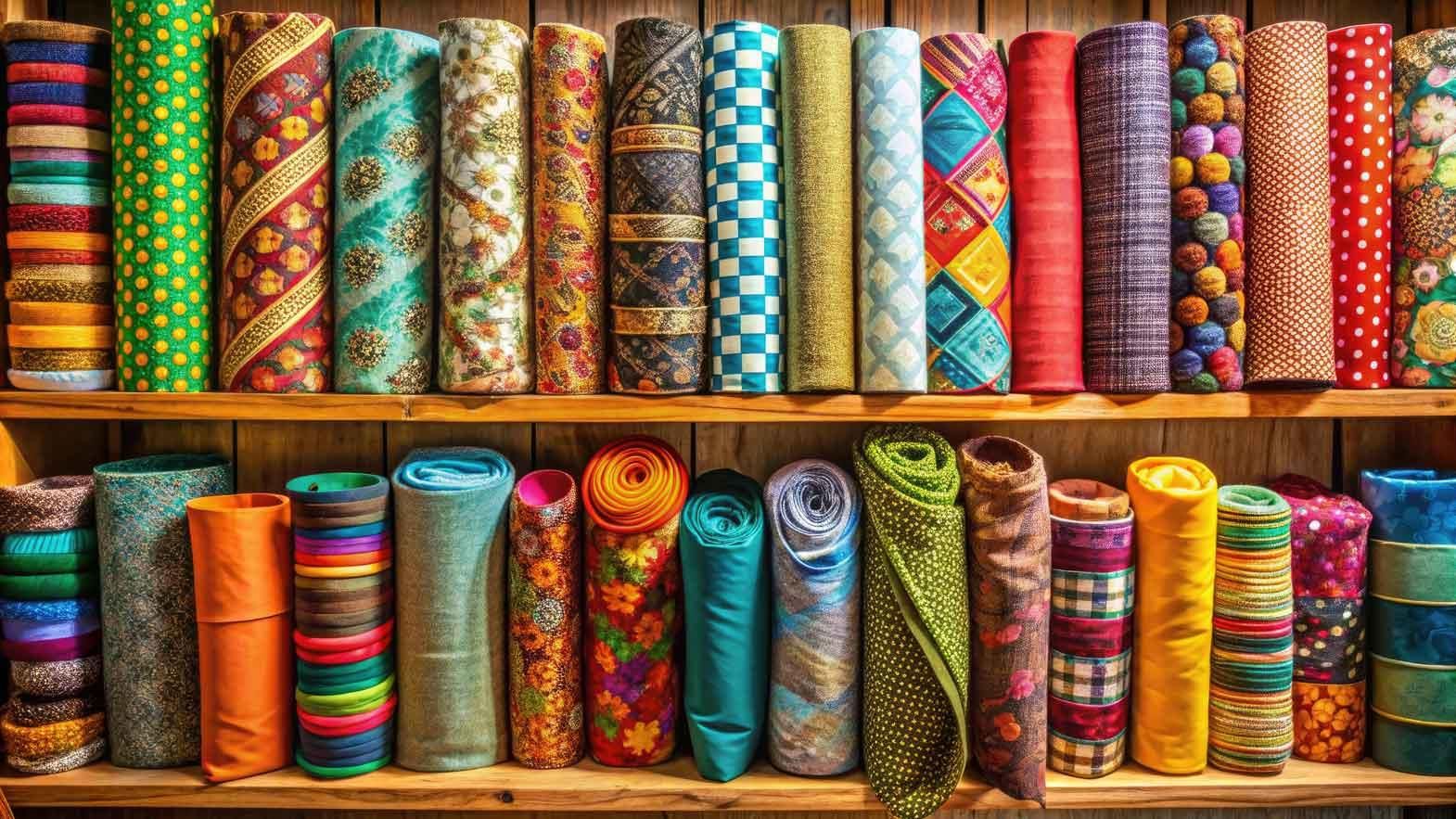All Pakistan Textile Mills Association (APTMA) has said the textile exports have surged by 10 percent in April 2012 against the month of March 2012 simply with one direction of President for sustainable energy supply to the industry.
APTMA chairman, Mohsin Aziz said the Minister for Petroleum Dr Asim Hussain and Minister of Water and Power, Naveed Qamar ensured sustainable energy supply to the industry on the direction of President Asif Zardari two months back, which helped industry to increase production mainly meant for exports.
The textile exports have registered an increase of $100 million in April 2012against March 2012 Month on Month basis, surging to $1.14 billion in April against approximately $1 billion in March 2012. According to him, five days a week gas supply has improved the textile industry exports.
He said the textile industry could easily meet previous year target if five days a week gas supply continues and sincere efforts were made to increase it to six days a week supply.
However,the exports in quantitative terms are still on decline as of July April 2012against corresponding period including fabric by 15 percent, knitwear by 26percent, bed wear by 20 percent and ready made garments by 27 percent.
There is 10 percent shortfall in value terms during the same period, He said the export shortfall has crossed $1.1 billion in July-April 2012 against the corresponding period. All these sub sectors of textile value chain are consumers-of yarn, meaning thereby decline in exports is directly impacting the spinning industry, he said.
Urging the textile industry should be supplied with gas and electricity supply on priority basis to overcome the shortages in the production of exportable surplus.
He expressed the hope the government would continue with uninterrupted supply of electricity and gas to the export-oriented, labour and capital intensive textile industry to achieve $1.2 billion per month ahead.
Though it is not possible to achieve previous year record exports of $14 billion but still it would be closer to the last year exports if energy supply continues,he added.
Statistics of textile spinning machinery imports in Pakistan
Alter facing a tremendous slump in the purchase of textile spinning machinery during the previous few years, Pakistan is again trying to revive its golden age of textile imports and exports, This is indeed a good news for all the newcomers as well as the old textile mills in Pakistan.
No doubt, the energy shortage is still a big problem in Pakistan and the government policies for textile sector are still not highly favourable. However, thanks to the consistent and sincere efforts of textile entrepreneurs in Pakisthan, an improvement in energy short for textile industry can be observed.
There has been a consistent increase in the import of spinning machinery as well as its spare parts for Pakistan.
Here are the actual facts and figures about the import of textile spinning machines as well as its spare parts that are released by Federal Bureau of Statistics, Government of Pakistan.
|
Import of Textile Machines and Parts in Pakistan (In Million Rupees) |
|||
|
Machines/Parts |
2008-2009 |
2009-2010 |
2010-2011 |
|
Textile Spinning Machines |
1,142.39 |
1,296.95 |
4,168.01 |
|
Simplex Flyers, Ring Travellers |
304,63 |
466.09 |
454.89 |
|
Spinning Machines Spindles |
189.72 |
226.30 |
366.14 |
|
Spinning Rings |
190.81 |
278.89 |
293.35 |
|
Total |
1,827.55 |
2,268.23 |
5,282.35 |
Other statistics reveal that Pakistan has taken a step forward in contributing to the global spinning capacity. Pakistan's share in global spinning capacity is now more than 5% that makes it 3rd largest spinning capacity shareholder among all the Asian countries. The other two leading contributors are China and India. One major reason behind this favourable share of Pakistan among Asian spinning capacity contributors is its 4th rank among the largest cotton producers in Asia. All these things have made it possible that now more than 60% of Pakistan's textile export is accounted towards US and EU.
In March 2011, Pakistan has also managed to secure preferential trade treatment with the EU in spite of objections from India, Bangladesh, Argentina, Indonesia and Brazil. This has been highly beneficial for the yarn and cloth producers of Pakistan. The average tariff rate on 75 items covered by this deal is just 8.86%. These 75 items cover an estimated value of USD 1.03 billion.
The article was originally published in the "New Cloth Market", June, 2012.








Comments